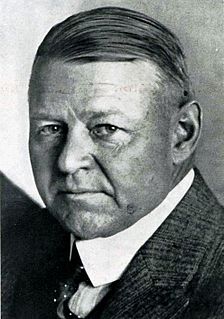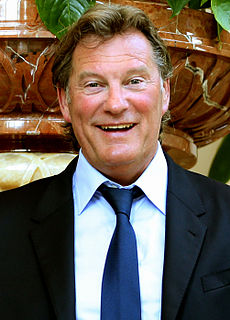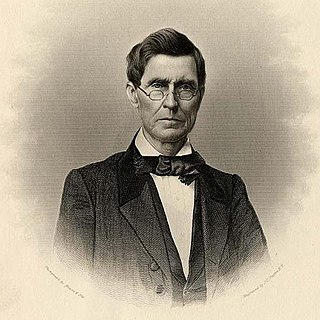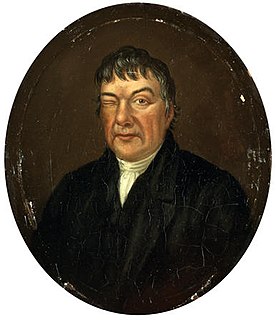A Quote by Edward Gibbon
His manners were less pure, but his character was equally amiable with that of his father. Twenty-two acknowledged concubines, and a library of sixty-two thousand volumes, attested the variety of his inclinations, and from the productions which he left behind him, it appears that the former as well as the latter were designed for use rather than ostentation.
Related Quotes
The only distinction between freedom and slavery consists in this: In the former state a man is governed by the laws to which he has given his consent, either in person or by his representative; in the latter, he is governed by the will of another. In the one case, his life and property are his own; in the other, they depend upon the pleasure of his master. It is easy to discern which of these two states is preferable.
When Christ was about to leave the world, He made His will. His soul He committed to His father; His body He bequeathed to Joseph to be decently interred; His clothes fell to the soldiers; His mother He left to the care of John; but what should He leave to His poor disciples that had left all for Him? Silver and gold He had none; but He left them that which was infinitely better, His peace.
Our Lord's miracles were all essential parts of His one consistent life. They were wrought as evidences not only of His power, but of His mercy. They were throughout moral in their character, and spiritual in the ends contemplated by them. They were in fact embodiments of His whole character; exemplars of His whole teaching, emblems of His whole mission.
contrary to what many believed, my father was kind and tenderhearted, especially towards his family. His forbidding sternness seemed to melt into love, kindness, and easy familiarity when he was with us. Especially with me, his acknowledged successor to the throne, he would play lightheartedly. When we were alone together, he would sing me little songs; I don't remember his ever doing this in front of others, but when only the two of us were there, he would often sing to me.
Average Jones had come by his nickname inevitably. His parents had foredoomed him to it when they furnished him with the initials A. V. R. E. as preface to his birthright of J for Jones. His character apparently justified the chance concomitance. He was, so to speak, a composite photograph of any thousand well-conditioned, clean-living Americans between the ages of twenty-five and thirty.
Were I to go down into the market-place, armed with the powers of witchcraft, and take a peasant by the shoulders and whisper to him, 'In your lifetime, have you known peace?' wait for his answer, shake his shoulders and transform him into his father, and ask him the same question, and transform him in his turn to his father, I would never hear the word 'Yes,' if I carried my questioning of the dead back for a thousand years. I would always hear, 'No, there was fear, there were our enemies without, our rulers within, there was prison, there was torture, there was violent death.
The difference between a man who faces death for the sake of an idea and an imitator who goes in search of martyrdom is that whilst the former expresses his idea most fully in death it is the strange feeling of bitterness which comes from failure that the latter really enjoys; the former rejoices in his victory, the latter in his suffering.
He loved me. He'd loved me as long as he he'd known me! I hadn't loved him as long perhaps, but now I loved him equally well, or better. I loved his laugh, his handwriting, his steady gaze, his honorableness, his freckles, his appreciation of my jokes, his hands, his determination that I should know the worst of him. And, most of all, shameful though it might be, I loved his love for me.
And there is no difference, in principle - but only in degree - between political and chattel slavery. The former, no less than the latter, denies a man's ownership of himself and the products of his labor; and asserts that other men may own him, and dispose of him and his property, for their uses, and at their pleasure.
Now, apparently strengthened as by a new spirit, with "might in the inner man," he labored with renewed energy and zeal; and new and singular blessings descended upon his labors. In two years, his ten preaching places in Anglesea were increased to twenty, and six hundred converts were added to the church under his immediate care.






































